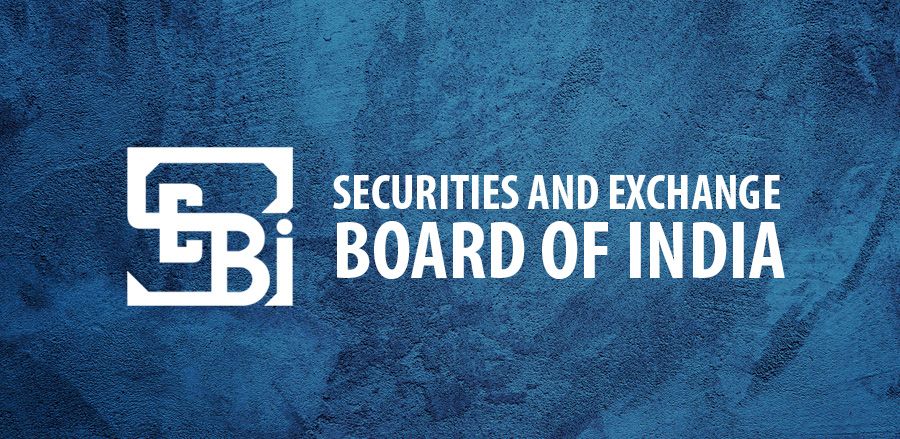
Why the SEBI chief is Confused and surprised at investor interest in F&Os?
Speaking at the launch of the Investor Risk Reduction Access (IRRA) platform at BSE, The SEBI chief, Ms Madhabi Puri Buch said, “I must admit, I am always a little confused and surprised as to why people continue to do that (bet in futures and options). “There is a 90 % chance that the investor will lose money in the F&O segment, but we also know, and the data shows us, that if you take a long-term view of the market, and if you invest with a long-term perspective, you will rarely go wrong”.
I am not only surprised but disappointed on her statement. At this level, I would have expected her to have a holistic grasp of ‘Haves and Have-Nots’” class in the society.
Such statement is appropriate only when you see the world from the lens of ‘Haves’. There exist a ‘Have-nots’ world too, who don’t have enough savings to invest nor the luxury to wait for long-term. They are concerned only to make their present better. The only way they can think of living beyond their limited means is some miracle. For such miracle they buy lottery tickets or buy some ‘options-contract’
Allow me to quote from the famous book, “PSYCHOLOGY of MONEY, by Morgan Housel.
Morgan was explaining why the poor (Have-nots) in the USA are buying more lottery tickets when they have neither an emergency funds nor any money to buy insurance.
It’s an example of how different experiences (and different circumstances)can lead to vastly different views within topics that one side intuitively thinks should be black and white. Every decision people make with money is justified by taking the information they have at the moment and plugging it into their unique mental model of how the world works.
Take a simple example: lottery tickets. Americans spend more on lottery tickets than movies, video games, music, sporting events, and books combined. And who buys them? Mostly poor people. The lowest-income households in the U.S. on average spend $412 a year on lotto tickets, four times the amount of those in the highest income groups. Forty percent of Americans cannot come up with $400 in an emergency. Which is to say: Those buying $400 in lottery tickets are by and large the same people who say they couldn’t come up with $400 in an emergency. They are blowing their safety nets on something with a one-in-millions chance of hitting it big. That seems crazy to us. But we are not in the lowest income group. So, it’s hard for many of us to intuitively grasp the subconscious reasoning of low-income lottery ticket buyers. But strain a little, and you can find their logic going something like this:
We (Have-nots) live paycheck-to-paycheck and saving seems out of reach. Our prospects for much higher wages seem out of reach. We can’t afford nice vacations, new cars, health insurance, or homes in safe neighborhoods. We can’t put our kids through college without crippling debt.
Buying a lottery ticket is the only time in our lives we can hold a tangible dream of getting the good stuff that you already have and take for granted. We are paying for a dream, and you may not understand that because you are already living a dream. That’s why we buy more tickets than you do. You don’t have to agree with this reasoning. Buying lotto tickets when you’re broke is still a bad idea.”


